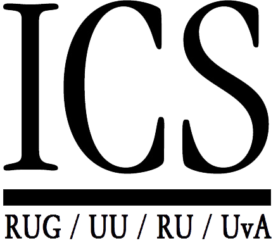Frequently Asked Questions
The aim of the project is to gain a systematic understanding of the nature and complexities of social tolerance. We want to understand why and when people are willing to tolerate dissenting beliefs and practices, and why and when they feel that specific beliefs and practices cannot be tolerated. In addition we are interested in finding out what it means to be tolerated and why and when being tolerated has positive or rather negative consequences for people’s well-being and societal engagement. The research will help us to develop and evaluate initiatives, interventions and policies that promote social tolerance within the boundaries of liberal, democratic principles, and without having negative consequences for those who are tolerated.
For the online data collection, we are working together with Kantar Public, one of the world’s leading data companies. Kantar Public has a panel of 124.000 Dutch respondents in the Netherlands and a panel of 205.000 German respondents living in Germany. If you received an invitation via e-mail to participate in our research, it means you are a member of Kantar’s panel. Kantar invites its members a maximum of three times to participate in different research. If you decide to fill in our online questionnaire you will receive NIPO-points as a reward from Kantar. These points can be saved up and used to purchase different kinds of products.
The project tries to develop a detailed and general understanding of social tolerance. For this we are dependent on the cooperation of many different people. In order to be able to draw adequate conclusions we need to consider different opinions and worldviews. Otherwise, we end up with a one-sided perspective, at best, and a biased one, at worst. Hence, it is very important that as many people as possible participate in the research, so that a variety of beliefs and views is taken into account. Only then will webe able to develop and evaluate initiatives and interventions that promote social tolerance within the boundaries of liberal, democratic principles, and without having negative consequences for those who are tolerated.
After the data collection, Kantar Public will separate the personal data from the research data. Once the research data (which is non-identifiable) has been sent to our team, Kantar will destroy its data, including the personal data. This way, only our project has access to the research data. Our team – PhD students and post-doc – will analyze the data in order to answer the questions raised in the different research projects. The aim is to publish the results of the data collections in academic journals. As the team works with non-identifiable data, the results cannot be traced back to individual respondents. The data will be made public via DANS, the Netherlands institute for permanent access to digital resources. Please go to our ‘privacy’ page to read more about data usage, storage and accessibility.
FAQ Deutsch


